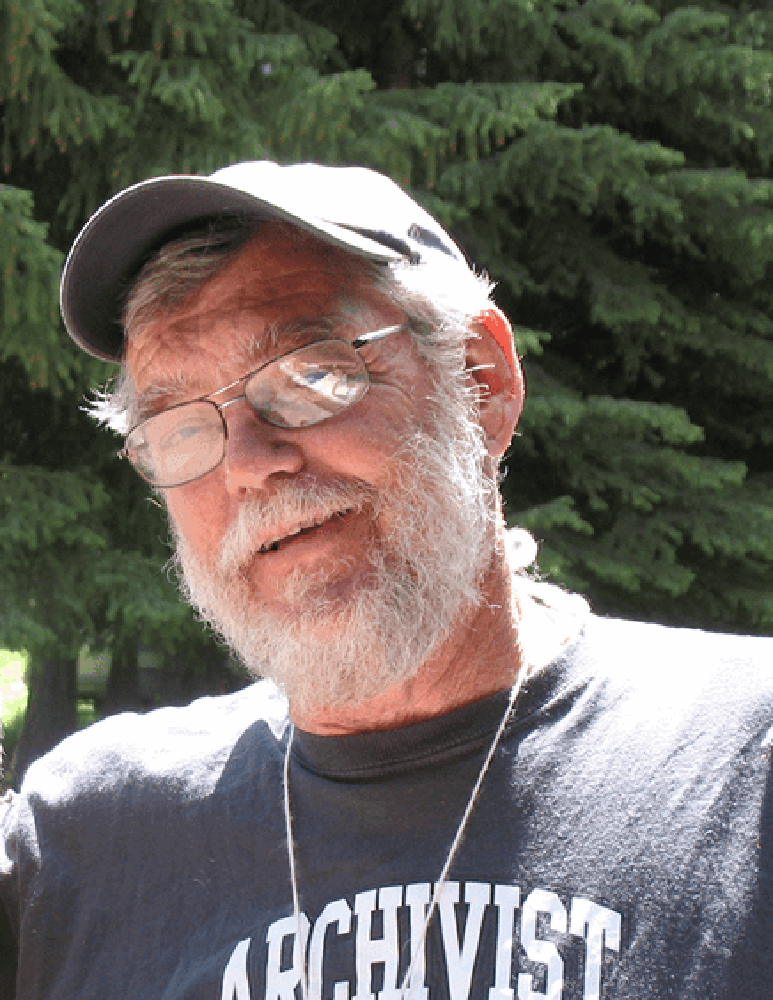Main Street: A spirit of giving still lives in Turkey
Published 7:00 am Wednesday, May 18, 2022

- Rich Wandschneider
I just spent two weeks in Turkey, a place I lived in for most of five years between 1965 and 1970. I’d only been back once before this trip, a three-week tour with a group of Rotarians and spouses from Wallowa County in 2004.
We went from Istanbul to Ankara, then Cappadocia, Tarsus and Antalya on the Mediterranean, all by large, comfortable, air-conditioned buses.
Cappadocia is the area of underground cities, houses and churches carved into sandstone; Tarsus the home of St. Paul, and Antalya is now a large city among a string of resorts — some of them exclusively German or French — on the Mediterranean. The sea itself was as blue and warm as it had been in 1965.
In 2004, I revved up my Turkish to introduce people and translate, to speak to Rotary Clubs and news reporters. It was a grand trip, full of interesting people and places and great food. I knew then that another three weeks could peel back years in my grasp of the language and culture.
This time I was alone from America. I only touched down at the Istanbul airport — reputedly now the world’s largest — and went to Ankara and an English language-speaking university in the middle of high-rise buildings of glass, steel and concrete. Ankara, with just over a million people when I lived there 1968-70, now has over five million, and Bilkent has 12,500 students and hundreds of faculty members. It’s larger then than Wallowa County, and has its own Starbucks.
My hosts were the professors and students from the American Studies Department at Bilkent, and a roommate from that long-ago time when we lived, worked and studied together in the city. Then, Turkish was my everyday language, and the shared taxis, the shish kebabs, the daily fresh fruits and vegetables and the occasional meal on the top —12th floor of the Big Ankara Hotel — were my routines. My job was to smooth the wrinkles for American Peace Corps volunteers working in Turkish schools and institutions, to make their experiences as good as mine had been as a volunteer just a couple of years earlier.
The teaching language at Bilkent is English, with professors who are Turkish — and American, British and African. Students for all colleges have to score well on a standard, state-administered exam they take as high school seniors. State universities — there are scores of them — are free, and this private one is cheap by our standards, and gives many scholarships. I couldn’t see the 70% inflation and the high unemployment from the university island.
Even on trips into the city to eat, shop and drive by old neighborhoods, inflation was invisible, and the high level of purported government corruption maybe showed up in the massive amount of construction. I learned of a dissident’s life-time prison sentence online, and learned too about the Ankara and Istanbul mayors who were from the same political party that stands in opposition to the national government.
I learned from watching and listening that educated women in Turkey still have an edge. There are probably higher percentages of women professors, doctors, and engineers in Turkey than in the US. But there are still forced marriages — one of the students I came to know wrote about this.
But — after recent trips to Seattle and Portland — what stood out in this city of five million was that there is no homelessness. Why?
The extended family is still strong, people agreed, and health care is free for all over 65 — no deduction from Social Security, no Medicare Plan B or D. Drugs, I learned when buying eye drops at the school pharmacy, are maybe one-fourth what we pay. The government is building new high rises on top of old ghettos, and somehow, the inhabitants are compensated with cheap new housing. Employment is also important: there were 15 cabin attendants on my Turkish Airline flights, and street sweepers rather than machines cleaned streets.
At this point I remember the “five pillars” of Sunni Islam: 1. Declare that Allah is the only God and Mohammed is his prophet; 2. Pray five times each day; 4. Fast from sun-up to sunset during the month of Ramadan; 5. If healthy and financially able, make the “Hadj,” the pilgrimage to Mecca. It is number 3., called “Zakah,” that calls for charitable giving to the needy, that is important here.
Even secular Moslems seem to have a spirit of giving bred into them. Small gifts are ubiquitous. Ihsan Dogramaci, the founder and benefactor of Bilkent, was from a prominent Turkmen family. He became a leading pediatrician and entrepreneur, and his total wealth and energy went into two universities in Turkey and education and health care world-wide.
The spirit of giving is everywhere in this country, just as it was in 1965.









